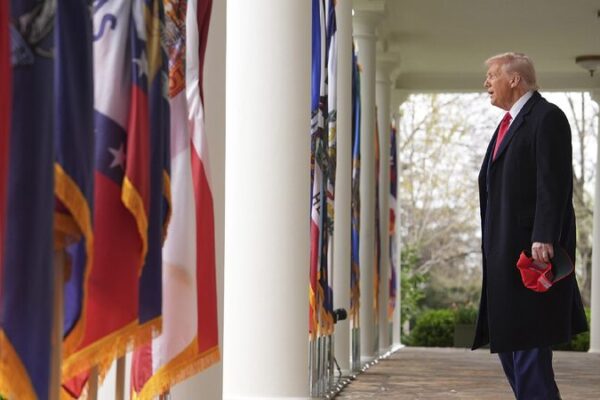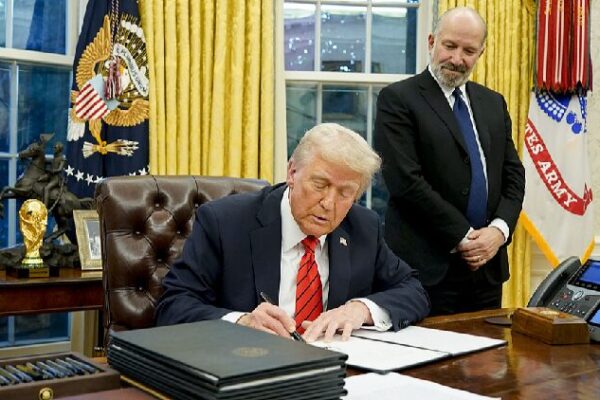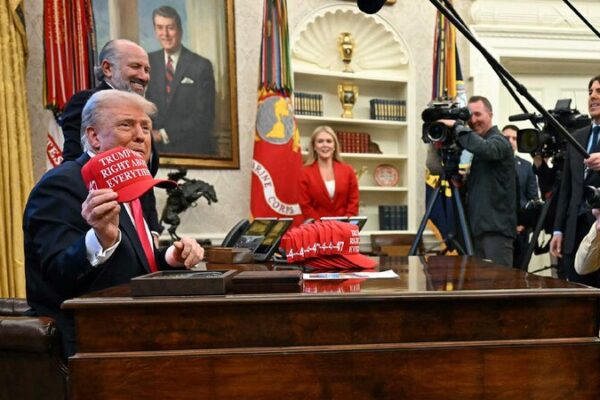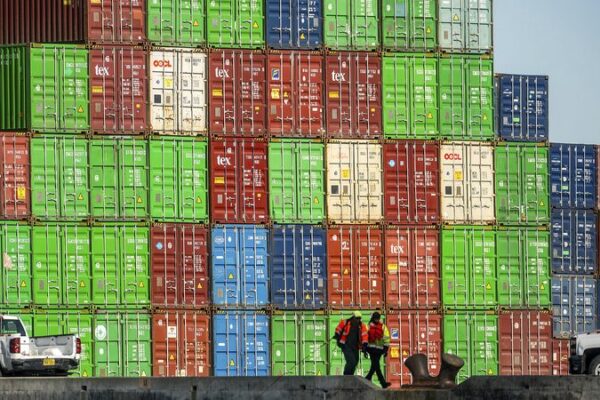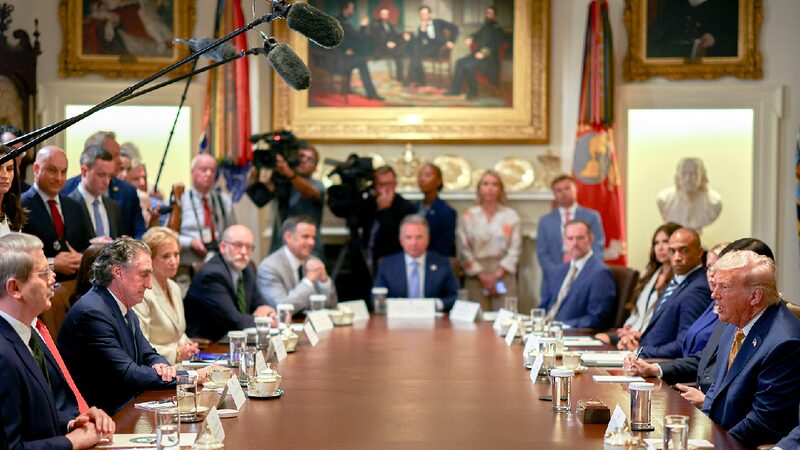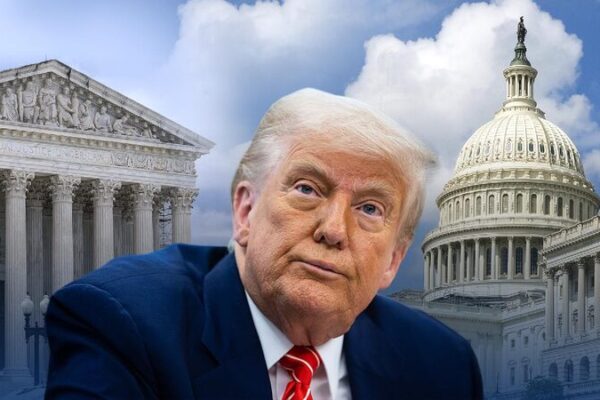U.S. President Donald Trump has announced new tariffs on imports, imposing a minimum of 10% on all goods entering the country, with higher rates targeting specific nations. The executive order, signed on Wednesday, aims to respond to duties and trade barriers that other countries have placed on U.S. products, according to Trump.
The new tariffs are set to take effect on April 5, with additional higher tariffs on countries with which the U.S. has significant trade deficits beginning on April 9. These measures are part of the administration’s efforts to boost manufacturing jobs at home and address what it sees as unfair trade practices.
Global markets reacted swiftly to the announcement. U.S. stock futures dropped sharply, marking weeks of volatile trading as investors worry about the potential impacts on the global economy, inflation, and corporate earnings.
The higher tariffs will apply to about 60 countries, according to White House officials. Some countries will face significantly higher rates. For example, China will be subjected to a 34% tariff, the European Union 20%, Vietnam 46%, Japan 24%, India 26%, South Korea 25%, Thailand 36%, Switzerland 31%, Indonesia 32%, Malaysia 24%, and Cambodia 49%.
Not all goods are affected equally. Certain items, such as steel, aluminum, autos, and auto parts already subject to Section 232 tariffs, are exempt. Additionally, goods like copper, pharmaceuticals, semiconductors, lumber, gold, energy, and certain minerals not available in the U.S. are excluded from the new tariffs.
Critics argue that these tariffs may lead to higher prices for American consumers and businesses and could disrupt global trade. Economists warn that such measures might hurt not only the U.S. economy but also have ripple effects worldwide.
Countries affected by the new tariffs have expressed concern. European leaders emphasized the risks of a trade war that could harm both sides. “We will do everything we can to work towards an agreement with the United States, with the goal of avoiding a trade war that would inevitably weaken the West in favor of other global players,” stated Italy’s Prime Minister Giorgia Meloni.
Other nations, including Brazil, Australia, and Canada, also voiced their objections. Brazilian officials are assessing potential responses, while Australian Prime Minister Anthony Albanese remarked that the tariffs “are not the act of a friend.” Canada’s Prime Minister Mark Carney vowed to “fight” against the sweeping tariffs.
The Trump administration maintains that these tariffs are necessary to protect American interests and create a level playing field in international trade. However, the move has sparked fears of retaliatory measures from trading partners and heightened tensions in the global economic landscape.
Reference(s):
cgtn.com


